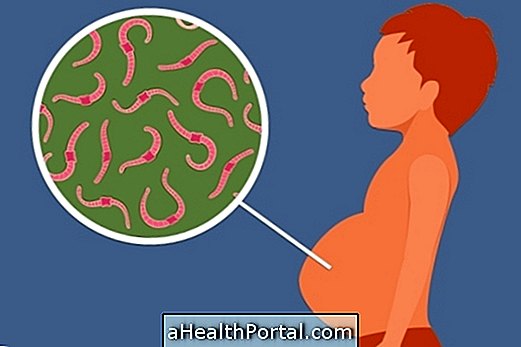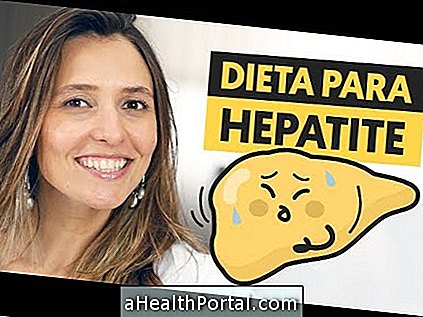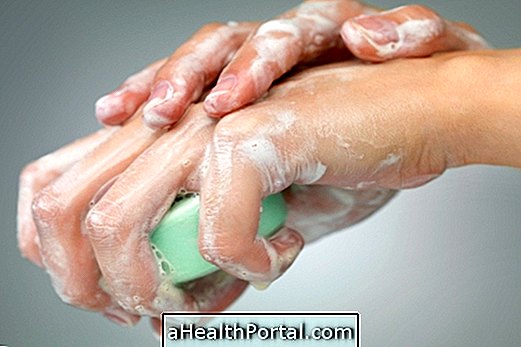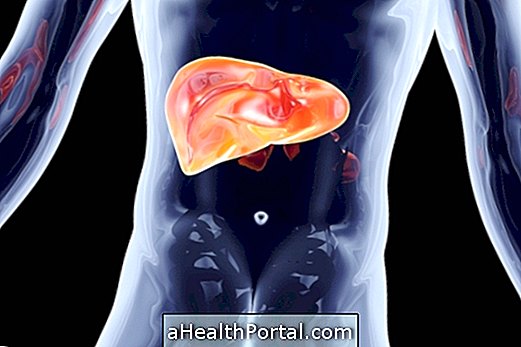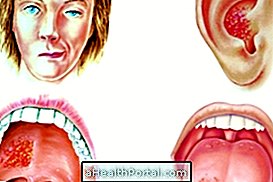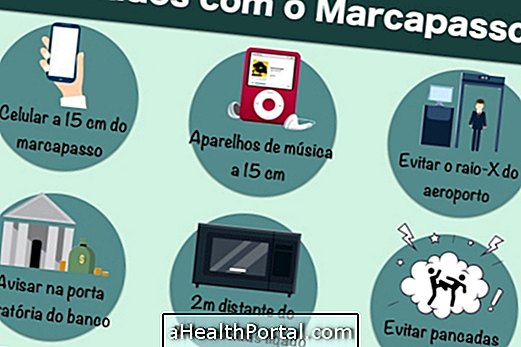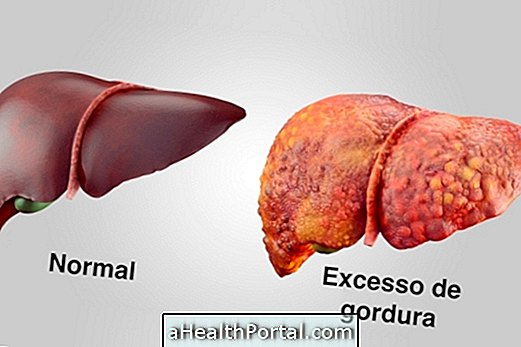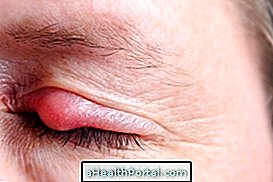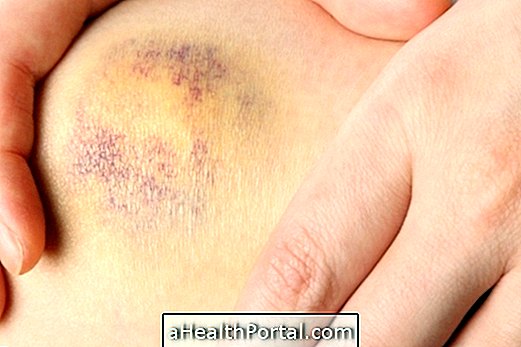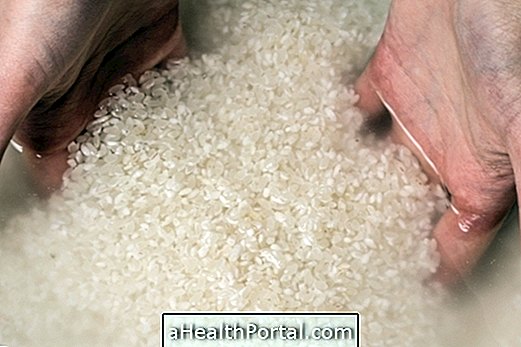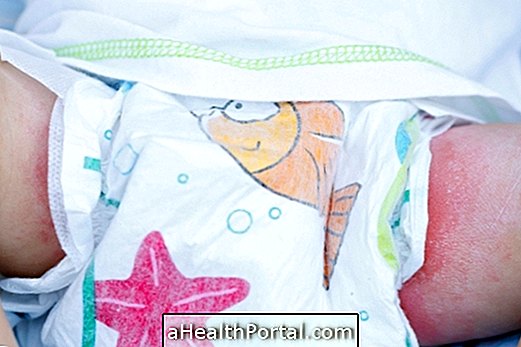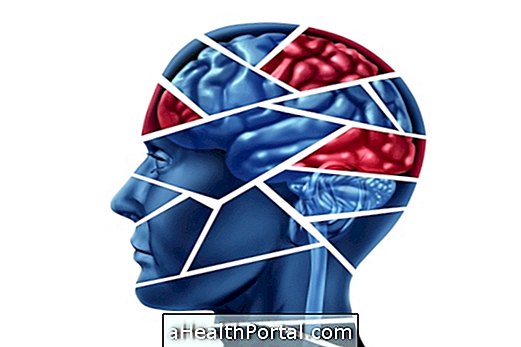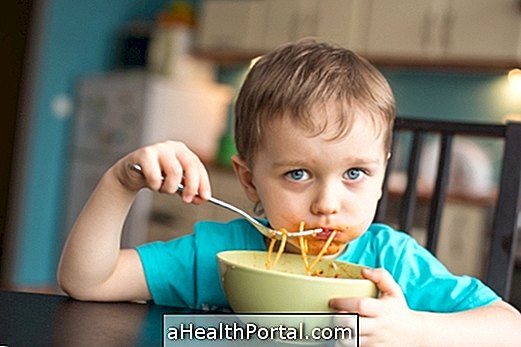The frequent use and without the doctor's recommendation of antibiotics can provoke resistance to the bacteria, which makes it difficult to treat and cure serious diseases, such as tuberculosis, which could endanger the patient's life, since the medicine is not able to eliminate the bacteria present in the body.
When an antibiotic is effective it is able to destroy the bacteria that caused the infection, but in case a bacterium is resistant, it spreads and becomes stronger, making it difficult to cure and aggravate the disease.
In most cases, the microorganisms are resistant only to an antimicrobial, as the Enterococci is resistant to Vancomycin. However, sometimes the same microorganism may be resistant to several drugs, which makes it harder to cure the disease.
How Antibiotic Resistance Occurs
If an individual contracts a bacterium that does not respond to the antibiotic it stays longer in the body, getting sick for more days, increasing the chances of contamination and allowing the bacteria to propagate. In addition, it is necessary to take new antibiotic to attack the bacteria, increasing the chances of hospitalization to take stronger medicines through the vein and avoid a infection in the whole body, such as sepsis.
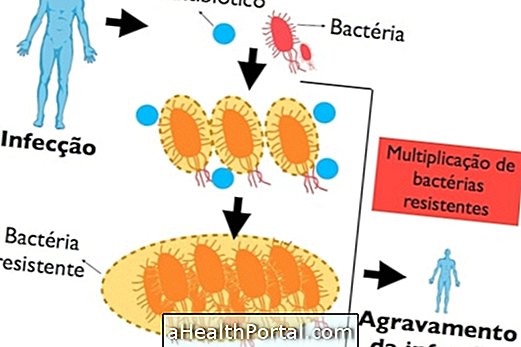
Thus, bacterial resistance is the ability that a bacterium has in supporting the action of an antibiotic, which was previously able to treat and cure the disease because the bacterium undergoes genetic alterations, becoming increasingly potent. See why taking drugs can cause superbugs.
Main micro-organisms resistant to drugs
The main microorganisms that are resistant include:
- Pseudomonas aeruginosa - resistant to carbapenems
- Acinetobacter baumannii - resistant to carbapenems
- Enterococcus - resistant to vancomycin
- Staphylococcus aureus - resistant to oxacillin
In addition, other micro-organisms can become resistant when their use is exaggerated.
How to avoid resistance to antibiotics
The use of antibiotics should only be done on the advice of the doctor, skin time and dose indicated by him, as there are different types of antibiotics, such as penicillin or tetracycline for example, which should be suitable for the disease.
In addition, good hygiene should be maintained by washing hands frequently and cooking food well, for example.
Learn why it is dangerous to take medicine without medical advice.
